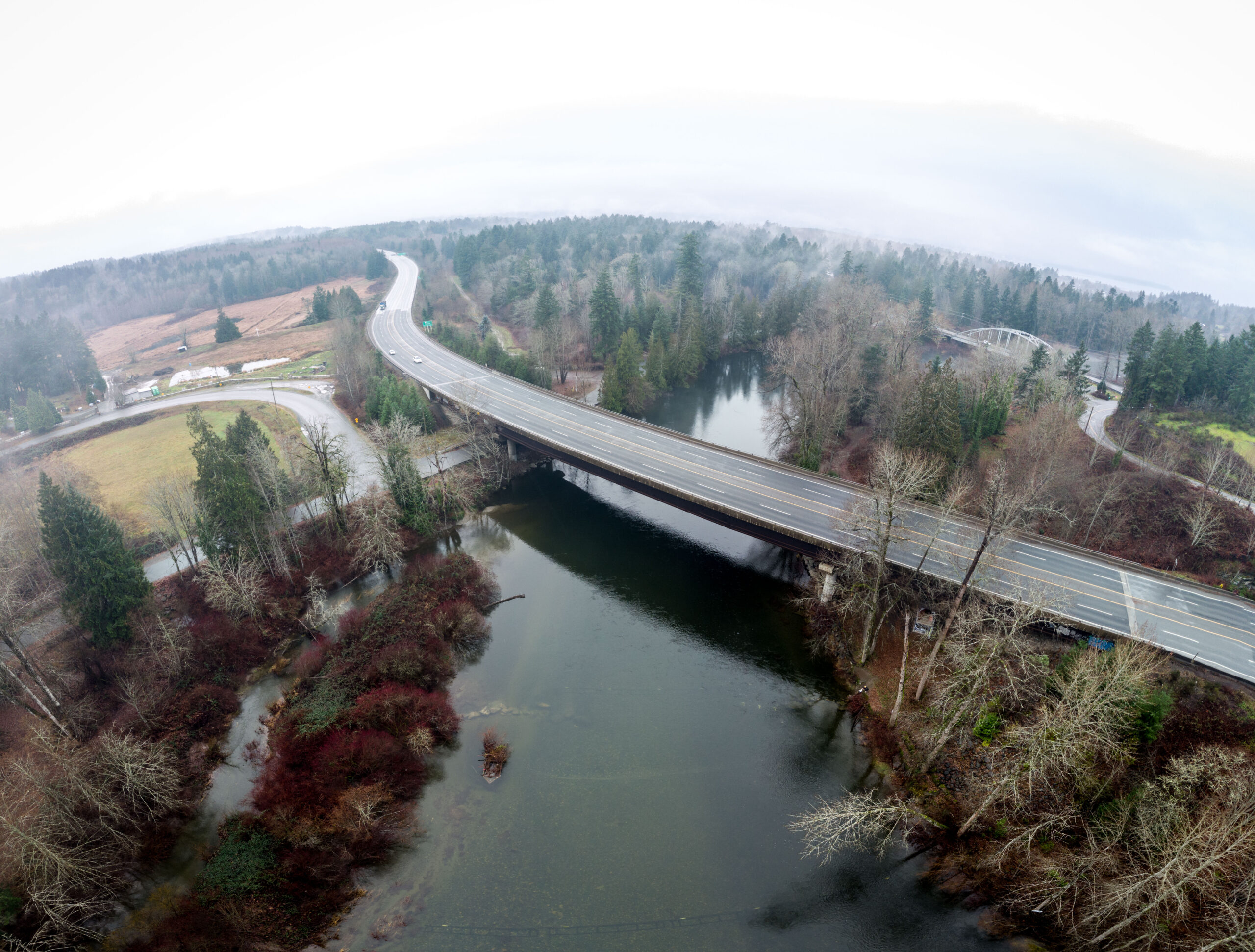Protecting Salmon From Tire Wear Toxicants – 6PPDQ Workshop 2025
The second workshop, Protecting Salmon From Tire Wear Toxicants – 6PPDQ Workshop 2025, was hosted in Nanaimo, BC on May 8 – 9, 2025.
Day 1 (May 8) was focused in the morning on 6PPDQ policy and on engineering and solutions in the afternoon. We had leading 6-PPDQ research scientists, Dr. Jen McIntyre (Washington State University), provide an overview of the discovery of 6-PPDQ’s impacts and discuss the work her team is doing now.
Day 2 (May 9) started with a presentation by Dr. Ed Kolodziej, discussing the 6PPDQ research that his team has been working on for the past five years, including what they’ve been doing more recently. Following the keynote, presentations for the second day were focused on monitoring and lessons learned, as well as toxicology.
Protecting Salmon From Tire Wear Toxicants – 6PPDQ Workshop 2024
The first workshop, Protecting Salmon From Tire Wear Toxins – 6PPDQ Workshop 2024, was hosted in Nanaimo, BC on April 29 – 30, 2024.
Day 1 (April 29) was directed towards the public, where an overview of 6-PPDQ and current, local and regional research initiatives will be discussed. We had leading 6-PPDQ research scientists, Ed Kolodziej (University of Washington) and Markus Brinkmann (University of Saskatchewan), provide an overview of the discovery of 6-PPDQ’s impacts and tire wear toxin research on both sides of the border. The first day was intended to be of general interest and an opportunity for all interested parties to meet, share, and learn.
Day 2 (April 30) had a more technical focus, where researchers discussed early results and identified current challenges and opportunities. There were presentations and panel discussions prepared by multiple research organizations, including Vancouver Island University’s Applied Environmental Research Lab, the University of British Columbia’s Department of Civil Engineering, Department of Fisheries and Oceans, and more.

Aquatic Research and Restoration Centre
#105 – 1885 Boxwood Road, Nanaimo, BC V9S 5X9
Tire Wear Toxin Project Manager Contact
Phone: 250-390-2525 ext. 106
Email: htomlin@bccf.com
Follow us
We gratefully acknowledge that the Aquatic Research and Restoration Centre is located on the traditional, ancestral, and unceded territory of the Snuneymuxw First Nation. We also recognize that project activities are occurring across the traditional, ancestral, and unceded territories of Coast Salish, Kwakwaka’wakw, and Nuu-Chah-Nulth Peoples.
Copyright ©2024 British Columbia Conservation Foundation. All rights reserved. This material is owned by British Columbia Conservation Foundation and protected by copyright laws. It may not be reproduced or redistributed without the express, prior, and written permission of the British Columbia Conservation Foundation.
